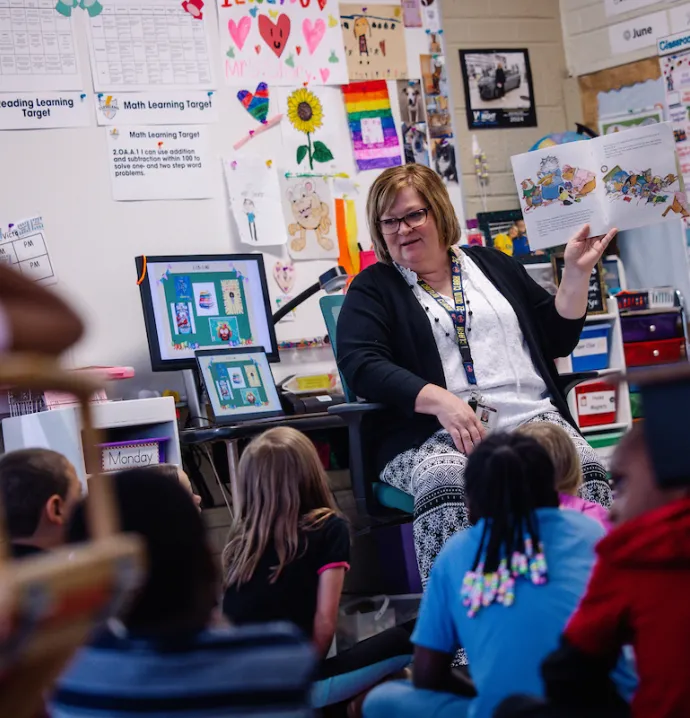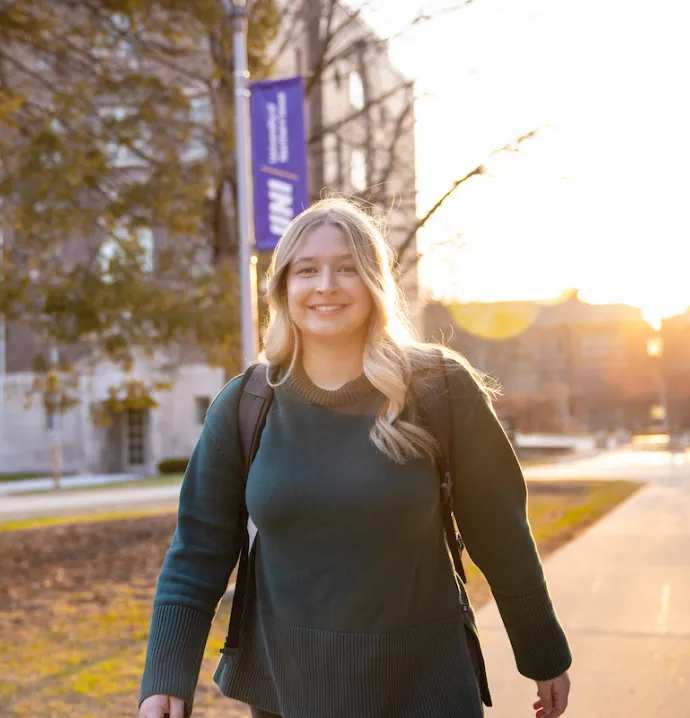Exploring the economics of sustainable craft brewing
Exploring the economics of sustainable craft brewing
A wise professor in graduate school once told me that the most relevant research questions come when you least expect them, and usually when you are talking with people about their everyday activities and concerns. He was known for always carrying a pen and notepad regardless of the social setting. While I carry a smartphone instead, his advice has served me well. For me, a casual conversation with a colleague has led to a new line of research involving beer. Tough gig, right?!
Joe Bolick (Marketing ‘04), interim director of the Iowa Waste Reduction Center (IWRC), had casually mentioned the Iowa Green Brewery Certification (IGBC) program during a meeting. The program immediately sparked my curiosity. When I returned to my office, I started researching sustainable brewing. I was surprised to find limited academic research on the economics of sustainable brewing.
This untapped research area is a logical intersection of my general expertise in the economics of sustainability and my more specific expertise in evaluating factors that underlie producer decision making. The basic economic tradeoff in adopting sustainable practices tends to be higher short-run costs for long-run net benefits. For example, consider a brewer contemplating solar panels. The brewer would incur high up-front adoption costs to purchase and install the panels but receive the benefit of avoided electricity costs over the lifetime of the panels. Understanding a producer’s decision to adopt sustainable production practices, however, is not always as simple as comparing long-run energy savings with short-run adoption costs.
The economics literature has consistently shown that adoption decisions tend to be complicated by non-economic factors. Some brewers may receive intrinsic benefits from environmental stewardship. Others may face external pressure from their peer social network that influences the decision to adopt sustainable brewing practices and which specific practices to adopt. The adoption decision may be further complicated by information issues or information asymmetries. Will consumers pay more for sustainably brewed beer? Will consumers choose a sustainably produced beer over a non-sustainably produced beer if offered at a similar price? A brewer’s perception
regarding these questions will likely affect the decision to pursue sustainable practices.
One of the primary goals for my research is to help guide the efforts of the IGBC program through improved information on brewers’ perspectives and practices regarding sustainable brewing. In particular, what factors are influencing the brewers’ perspectives and the decision to adopt sustainable practices? Further, I want to explore if there is a disconnect between the practices currently adopted or considered by breweries and the practices that research suggests will provide the greatest energy and water reductions. My hope is that a better understanding of these components will facilitate the effectiveness of the IGBC program and the likelihood that craft brewers will implement sustainable brewing practices.
This past summer, we completed the first phase of our research plan by conducting an in-depth survey of Iowa craft brewers. Initial results have provided some interesting insights into Iowa craft brewers’ perceptions and current practices, as well as areas for potential improvement. After completing more detailed analysis this fall, we plan to disseminate the findings to Iowa brewers and present the results at a national economics conference.
We have also expanded our research collaboration to include researchers from Arizona State University. With this broader collaboration, the next phase of our research is to conduct an updated version of the craft brewer survey nationally. I have found that the exciting but challenging task of researching a relatively untapped area is deciding which of the many interesting research questions to explore first!
I am definitely thankful that my wise professor taught me to look for research questions in unexpected places (and that I didn’t skip out of that meeting with Joe!). And while my current research agenda didn’t arise in a local brewery, I look forward to the day when I am sitting in a craft brewery knowing that the IPA I am drinking has a smaller environmental footprint because of the research I’ve done in collaboration with the IWRC.
The views and opinions expressed are those of the author and do not imply endorsement by the University of Northern Iowa.




